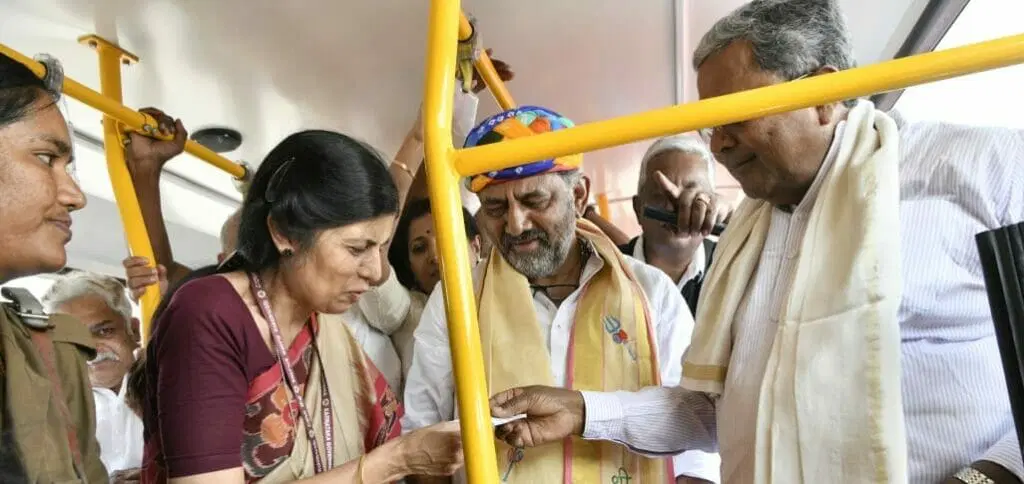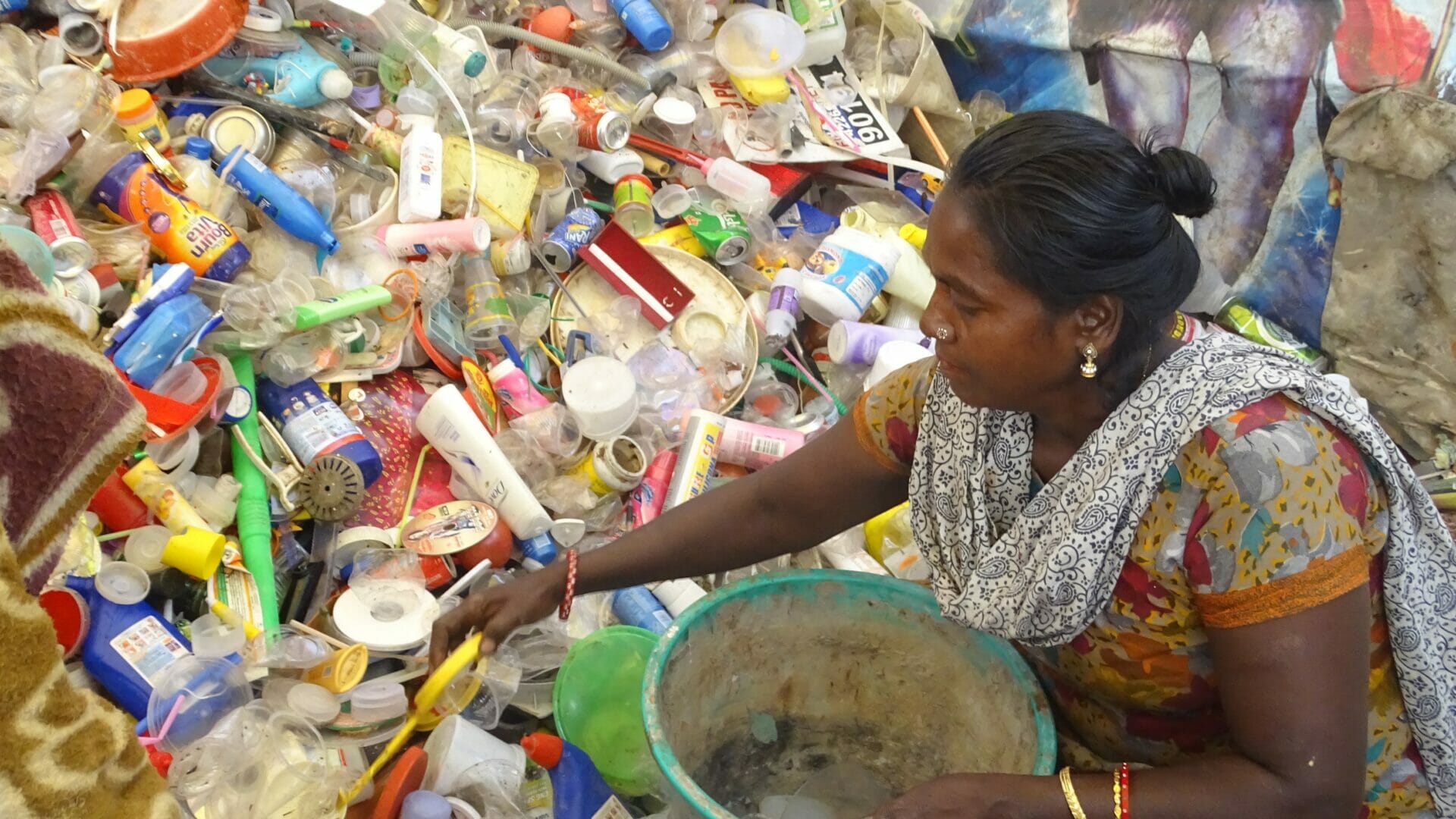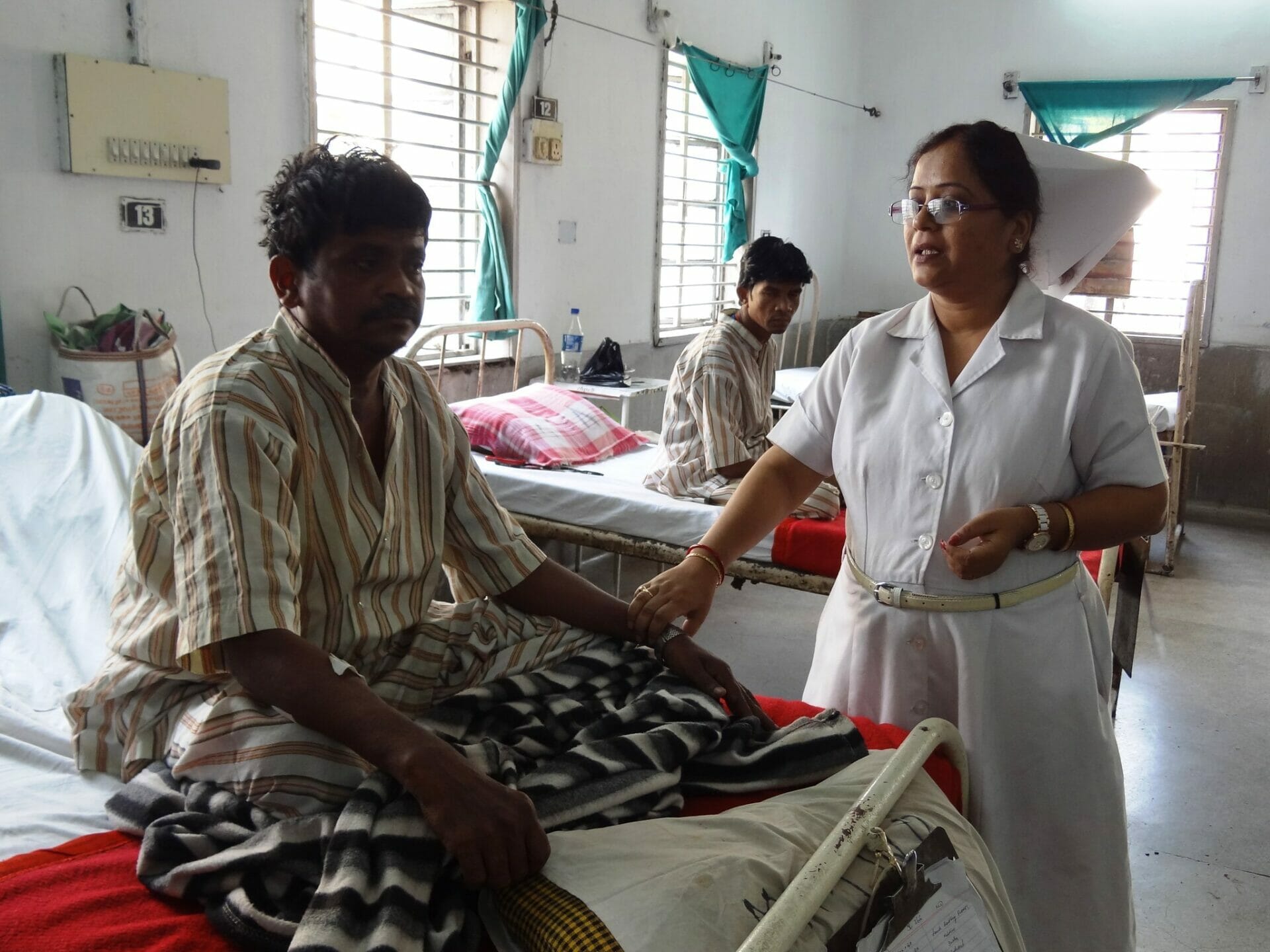“Mine was a happy family – an extremely romantic and loving husband and two adorable kids – a daughter and a son,” says 40-year-old Kiran (name changed) who works as Procurement Head in the Infra industry. “This is what the world saw in photos, on social media, and during outings. What no one knew was that my husband had Bipolar Disorder and Schizophrenia. He had been admitted to the psychiatric ward twice when he was at the peak of his career. I was working hard to make ends meet as bipolar disorder had made my husband go on an excessive spending spree which had thrown the family finances into jeopardy. But nowhere, in this whole melee was the love lost. One night we all celebrated my birthday. We went to bed past midnight, but the next morning only I got up. He slept forever.”
Kiran calls herself a ‘suicide leftover’. Her husband died in 2019. Her in-laws blamed her for their son’s death. Rage and guilt engulfed her. “I was consumed by guilt, anger and embarrassment,” recalls Kiran. “I couldn’t remember things. I was directionless. From an overachiever and a super organized multi-tasker, I began shirking work and responsibilities.”
Three years have since passed, but Kiran is still unable to extricate herself from guilt and shame.
Also read: “Bipolar Disorder will change your life but you can navigate around it”: A first-person account
As Priti Sridhar, Executive Director, Mariwala Health Initiative, writes in the research study Suicide Prevention: Changing the Narrative: “For each person that dies by suicide, about 60 others are impacted by the bereavement, and 20 go on to attempt suicide. This is undeniably a public health crisis of epic proportions.” The report is a collaborative effort of the Mariwala Health Initiative and India Development Review, released in 2023.
According to the 2022 National Crime Records Bureau (NCRB) data, a total of 1,64,033 suicides were reported in the country in 2021, an increase of 7.2% in comparison to 2020. The age group of 18 to 30 years and from 30 to 45 years accounted for 34.5% and 31.7% of total suicides, respectively. A significant proportion of these individuals were students. It is estimated that in 2021 about 13,039 students died by suicide.
Why does suicide affect those left behind with guilt?
> Because one believes that they failed to listen to the person who died by suicide.
> Guilt comes from the mistaken belief that we should have, or could have, prevented the death from happening.
>They see suicide as their inadequacy.
> Feel embarrassed for the person who died by suicide. The dead is often labelled as weak, failure, and quitter. Such labels further weaken the person suffering from guilt.
> Unsolved issues with the dead also give rise to guilt.
(Counsellors and therapists recommend that the loved ones of the deceased should accept the truth that some things are beyond their control.)

“My sister was three years older than me, studying computer science at a private institute in NOIDA,” says Moushami, who was 18 years old then and considered her elder sister as her best friend. “We had a healthy sibling relationship. We loved doing things together. We fought, bullied each other, and cried together. It was 2020, in the middle of the COVID pandemic, when my sister suddenly died by suicide. She was 21.”
The elder sister was good at studies and wanted to go abroad to pursue post-graduation. “But one night she put a full stop to everything,” recalls Moushami. “She jumped from the 12th floor of a multi-storey building”.
After her sister’s death, Moushami went into shock. “I was suddenly overtaken by the feeling of betrayal,” she says. “I wanted answers to unanswerable questions: Why did she kill herself? Was life that unbearable? Why did she not even think about me?”
Shame and stigma
Moushami and her family suffered in silence. “Because of shame and stigma, my family never shared the incident with others. We were not even allowed to discuss it at home. I had my solitary conversations. It is just a few months back when I joined college that I opened up. Some friends suggested joining a support group. I felt light after sharing my grief with unknown people in Swayam Hope Café, a support group,” says a teary-eyed Moushami.
Conversations around suicides are laced with stigma and myths. Says Dr Shashi Rai, Consultant Psychiatrist, Director Sambal Drug De-Addiction and Psychiatric Centre Indira Nagar, Lucknow: “There’s a general belief that suicide is the result of mental illness. The fact is there are various socio-economic factors and family expectations inter-connected with suicides.”
Exam pressure, unemployment, discrimination and financial issues are some of the major factors for suicides. The NCRB lists family problems as the primary cause of nearly one-third of suicides in India.
According to experts, death by suicide cannot be seen in isolation. It is complicated, complex, intersectional and inter-sectoral. Says Dr Kalyanasundaram, Senior Consultant Psychiatrist and Hon. Advisor Richmond Fellowship Society, Bangalore: “People look for easy gratification and quick fix solutions. Social media has compounded the issues and there is hardly any support system. Even families fail to understand the person who is contemplating suicide.”
Read more: Loneliness: An urban epidemic that carries the same risk as smoking 15 cigarettes a day!

Pic courtesy: Dr Kalyanasundaram
Suicide leaves behind a heavy toll on families and friends. “After my husband’s death by suicide, I found myself friendless,” says Kiran. “Some friends did reach out to me via social media. But I had no one with whom I could chat and have a cup of coffee. To change my environment, I changed my job. But I couldn’t hang out with new colleagues. I felt alienated. My life sucked till I discovered a support group. Finally, somewhere I redeemed myself of guilt.”
Somewhat similar is the experience of Ritu, based in Chandigarh. Her husband died by suicide in 2008. He shot himself. “For a long time, I suffered from guilt, in silence and blamed myself for not understanding his comments about suicide,” says Ritu. “He used to eulogise suicide and often regretted being trapped in a financial mess, having suffered heavy losses in his business. I merely tried to encourage him to see the positive side of life. But now when I remember his statements, I blame myself for not understanding the hidden meaning of his words.”
She feels that she should have forced him to see a therapist when he began to show anxiety symptoms. She was a homemaker when her husband died. Today, she handles the business and simultaneously conducts life coaching workshops. “I encourage my clients to always stand beside their loved ones and never be ashamed to seek counselling sessions.”
Warning Signs of Suicide
- Often talking or writing about death, dying or suicide.
- Making comments about being hopeless, a failure or worthless. Using expressions such as, ‘I am a failure’ or saying, ‘I’m trapped,’ or expressing the feeling of being a ‘burden.’
- Increased alcohol and/or drug use.
- Withdrawal from friends, family and community.
- Frequent mood changes.
(Source: National Institute of Mental Health.
Website: https://www.nimh.nih.gov/health/publications/warning-signs-of-suicide)
Sharing and listening
Suicide is preventable. Talking about suicide often helps a person who is thinking about suicide feel less alone.
“I met her at the World Book Fair while browsing through a book on mental health,” says 30-year-old Varun (name changed). “We both began to chat and in our conversation, we shared how we both had been ideating about life and suicide. Sharing made us feel less alone and more understood. We talk every other day now.”
“Sharing helps people feel less isolated and overwhelmed, it pauses their thoughts about suicide,” Says Dr Rai, “It reduces stress.”
While agreeing that sharing is vital, Dr Kalyanasundaram adds: “Youngsters look for peer validation. They are unable to handle peer and academic pressure. We should have proper mechanisms for help and guidance.”
Top of the list
At present, India is at the top of the list in suicide deaths. According to the World Health Organisation (WHO), one Indian is lost to suicide every three minutes. With 419 suicides per day or 1,53,052 suicides annually, India has the most suicides globally.
Under the United Nations’ Sustainable Development Goals (SDGs), world leaders agreed to decrease suicide deaths by a third by 2030. The question is what are we doing about it? Are we promoting interventions at various socio-cultural levels?
The need of the hour is to change the narratives of suicide. Though the Mental Care Health Act 2017 decriminalises suicide, hardly anything has been done to destigmatise it or encourage more suicide support groups or suicide first aid responders in colleges and workplaces.
Helplines
iCALL: Offers counselling services for people in distress.
Tel: 9152987821
Speak: Safe spaces for people who have experienced loss through suicide
Tel: 9375493754
Email: speakinitiative.org@gmail.com
Swayam Hope Café: Creating cultures of care. A safe space to share grief and personal narratives. It offers therapeutic and counselling services.
Tel: 9818331703
Email: info@swayamfoundation.co.in
Asra: Offers professional services.
Tel: 9820466726
Email: Aasrahelpline@yahoo.com
Sneha: A volunteer-run organisation set up to help people in distress or feeling suicidal.
Tel: 44 2464 0050
Email: help@snehaindia.org
Website: https://snehaindia.org/new/
Myth Vs Facts
Myth: Only people with mental disorders are suicidal.
Fact: Suicidal thoughts and actions indicate deep unhappiness but not necessarily mental disorders.
Myth: Most suicides happen suddenly without warning.
Fact: The majority of suicides have been preceded by warning signs, whether verbal or behavioural.
Myth: People who talk about suicide do not mean to do it.
Fact: People who talk about suicide may be reaching out for help or support.
Myth: Once someone is suicidal, they will always remain suicidal.
Fact: Heightened suicide risk is often short-term and situation-specific.
Source: WHO – https://twitter.com/WHO/status/1214999493176909825. Compiled from Mariwala Health Initiative study – Suicide Prevention: Changing the Narrative)







Well written. There is a point when the guilt should be given the go bye. Well stated. Life has to go on.
The person carrying guilt could be rendered dysfunctional. That would be tragic and unnecessary.
The famous Dr. Wayne Dyer describes Guilt and Shame as two dysfunctional emotions.
My heart goes out to those that lost their loved ones to suicide.